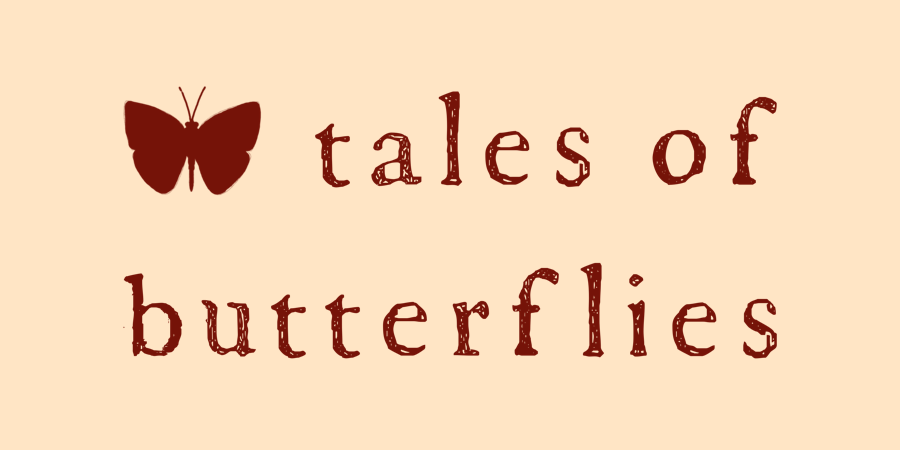
Songwriting and Surgery Recovery
Songwriting and singing have been things that I love but have put aside. They have been sitting in the back of my head, gently, persistently calling year after year.
I spent a lot of my writing time as a child creating song lyrics, their melodies living inside my head. A few years after high school, I got a little ukulele (a concert size, if anyone’s curious) and started to learn some chords in hopes to give myself a basic accompaniment for writing my songs. But with many life and location changes over the past several years and a few half-hearted attempts at a consistent routine, I’ve failed to make creating music an integral part of my life.
But if I’m quiet, if I sit in all the stillness I can muster and ask myself what I should really be doing in my life, there it is again, sitting, waiting. I don’t know why I haven’t given in yet, all these years. I mean, I do, there’s a long list, but at the top is a glaring case of postpartum depression that left me feeling incapable of doing almost anything. If I couldn’t even do the dishes or leave the house, of course, I couldn’t take out my uke or practice vocal scales every day. It’s a cruel trick because I know that a moment spent practicing a song, focusing on getting each note and inflection right, letting my voice carry itself along the melody fills me with a peace and joy I don’t often feel.
Back in the before-covid times, when my son was going to begin his first year of full-time preschool, I had intentions of using part of my newfound “free” time to practice music again. But then we wound up doing virtual learning for the whole year and consistent alone time for serious music practice never happened.
I considered trying again this past year to carve out space even with my son at home all day, but then the pain in my wrist got worse and worse, the inside like a fire agitated by any light pressure, to the point it hurt constantly.
The MRI revealed a tear in the triangular fibrocartilage complex, or TFCC, or my wrist. The TFCC is a load-bearing structure that acts as a stabilizer for the wrist. There is not a lot of blood flow to this area, so full repair isn’t usually an option. My doctor opted for a wrist debridement to clean out the rough edges of the tear. This is supposed to relieve pain and allow weight to be placed on the wrist again. (I had this procedure along with carpal and cubital release surgeries for elbow pain and finger numbness.)
Suddenly, not being able to play and practice wasn’t my choice. “I know I feel called to music, I wanted to finally, finally give it the time, but what if I can’t play my ukulele again? What if my wrist still always hurts and pain recovery was never a real option?”
And now I’m in a waiting period. Full recovery from wrist and elbow surgery is a slow and steady process. While after initial recovery everyday tasks can become easier — such as opening jars, typing, driving, even turning doorknobs — long-term recovery can take up to or over a year.
At my six-week follow up appointment, I explained to my doctor that I was feeling pain even when my wrist was stationary and at levels similar to pre-surgery. He was slightly concerned with that level of pain at this point in recovery but told me that out of the three surgeries I’d had, TFCC debridement will take the longest to recover from and that he wouldn’t be too concerned with the pain unless it was still happening 3-4 months out. He discussed a couple of options with me and I decided to start a routine of daily wrist mobility exercises and go from there.
I know there are plenty of other ways to create music, but my voice and uke were the easiest options to me, there’s a learning curve to other methods like digital music, and as a stay-at-home mom already trying to fit so many projects and goals in, do I have time to spend learning yet another thing? But if it feels so important to me, if it keeps calling, isn’t doing what I can to make it happen no matter what worth it?
When fear begins to creep in, I try to focus on the encouragement of giving things a little more time and doing physical therapy, and not on the slight concern my doctor expressed when I explained the pain I was feeling that my mind wants to cling to. I can turn my mind to the things I can do right now — keep writing and refining lyrics, exercise my voice with vocal warm-ups and old songs from my school chorus days (providing the resident opinionated five-year-old doesn’t tell me to, “stop singing right now”), brush up on my music theory for a few minutes every other night.
And like the songwriting and singing have been with me all these years, be patient.





